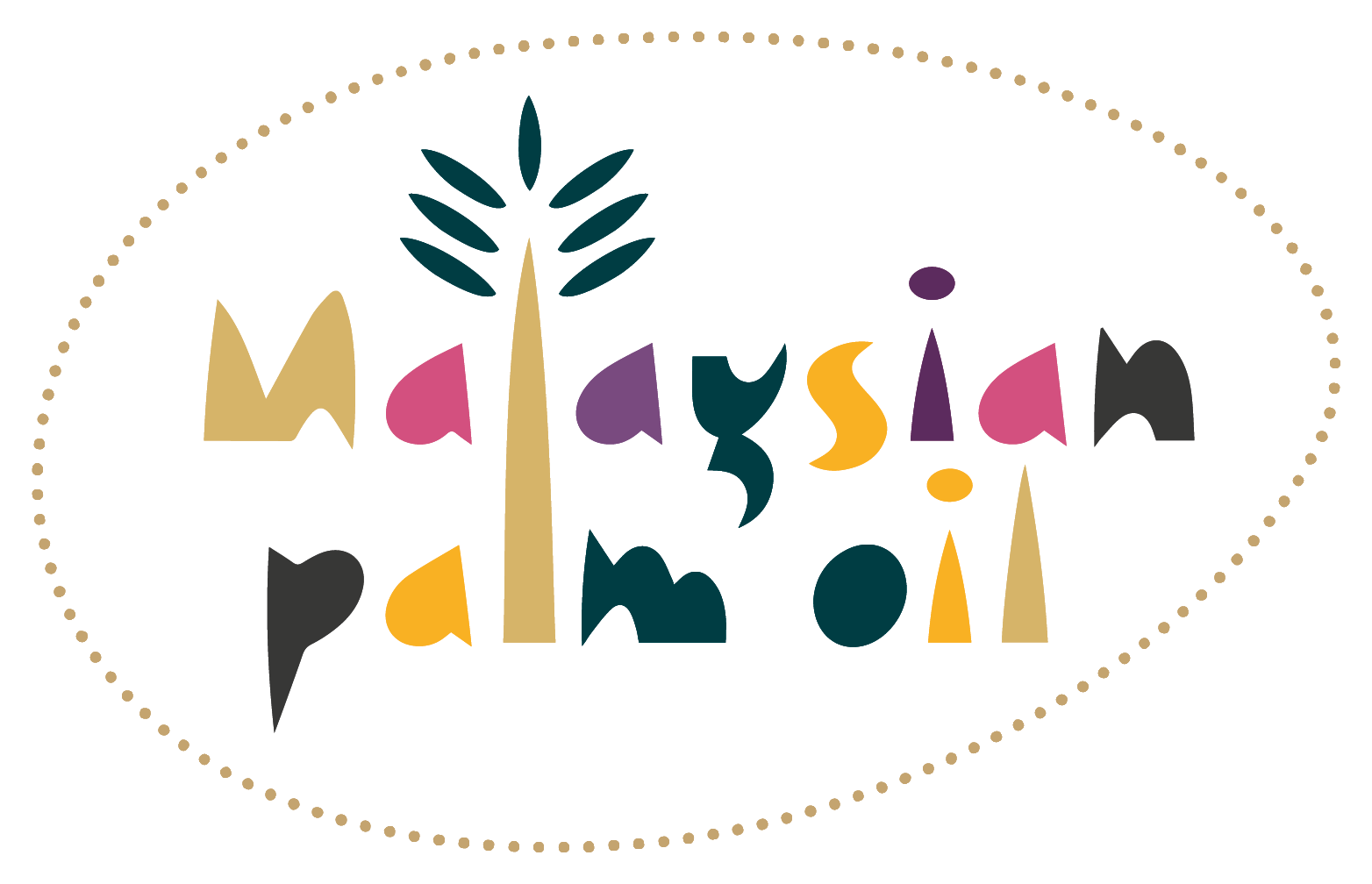This week, Malaysia’s Deputy Prime Minister and Minister of Plantation & Commodities, YAB Dato’ Sri Haji Fadillah Yusof, gave a speech before the Malaysian Parliament condemning the European Union’s push to adopt the Deforestation Regulation.
The Malaysian government considers the EUDR a discriminatory policy the European Union will use to restrict – or even block – palm oil exports, especially those of small farmers, under the guise of environment and sustainability.
In his speech, YAB Deputy Prime Minister communicated to his fellow parliamentarians that there is no justification for Malaysia to be labelled as a ‘High Risk’ country under the EUDR, sharing that the Malaysian government expects the EU to give a written guarantee that this will not occur.
He also underscored that Malaysia expects the EUDR to include an exemption for small farmers to safeguard their incomes and their place in the global supply chain, and stressed the need for the European Union to recognize Malaysian Sustainable Palm Oil (MSPO) certification standard and commit to genuine consultation with Malaysia as the Deforestation Regulation progresses in Brussels.
YAB Deputy Prime Minister reminded Members of Parliament of the submission of an objection letter with 13 other commodity-producing countries to the EU Commission in November 2022, as well as Malaysia’s coordination with the ASEAN bloc and the 9 February 2023 bilateral meeting with Indonesia where a joint ministerial mission to Brussels to inform EU leaders of their shared frustrations was agreed upon.
Momentum Against EUDR Growing in ASEAN
In recent months, it has become clear that the whole of the ASEAN bloc has grown tiresome of attempts from Brussels to force discriminatory regulations onto the region.
In early January, this became evident after Malaysian Prime Minister Yang Amat Berhormat Dato’ Seri Anwar bin Ibrahim made his inaugural trip as head of state to visit Indonesian President Joko Widodo where they made palm oil a top priority.
Following the bilateral talks, President Jokowi stated, “We have agreed to strengthen [our] cooperation through the Council of Palm Oil Producing Countries [CPOPC] to increase the market for palm oil and to fight discrimination against palm oil.”
In the wake of talks between the two heads of government, YAB Deputy Prime Minister met with Indonesia’s Coordinating Minister for Economic Affairs Airlangga Hartarto, where the two countries agreed to send an envoy to Brussels to voice objections to the EUDR.
Malaysia: Prepared for “Counteraction”
YAB Deputy Prime Minister, speaking to Bloomberg, outlined that Malaysia along with Indonesia will be looking towards “counteraction” if the ASEAN nations are “not fairly treated” by the EU during the implementation of the EUDR.
He added that the two nations aim to send a clear signal to the European Union that their “action is a one-sided, unilateral decision” and does not take into account the opinions of ASEAN nations.
A focal point of Malaysia’s displeasure with the EUDR is the attempt “to phase out smallholders from the system” which risks sending Malaysian families and communities back into poverty due to undue regulatory burdens contained in the Regulation.
YAB Deputy Prime Minister has made it clear that Malaysia may “stop exporting to Europe, and focus on other countries” if the Europeans fail to address the concerns outlined by Malaysia and their ASEAN neighbors.
EU leaders should not overlook the effect of this halt on exports, as European companies rely on the import of palm oil from Malaysia and Indonesia to meet growing demand for products containing palm and would be forced to pass the additional cost of sourcing materials onto consumers already sparring with record-high levels of inflation.
Malaysia has clearly grown tired of being dictated to by Brussels and is willing to take the necessary measures to ensure their producers, small and large, do not suffer at the hands of protectionist mandates from EU leaders.
